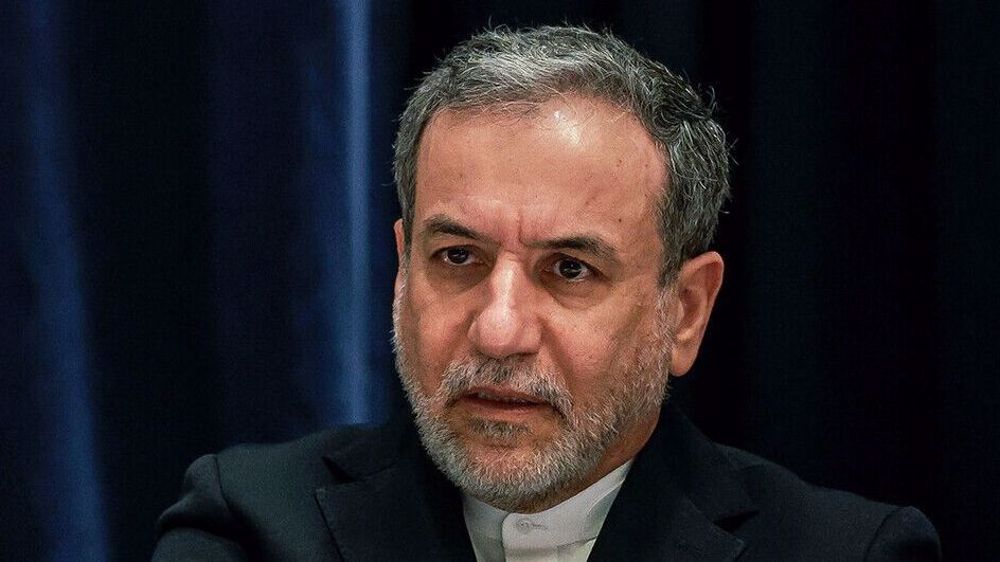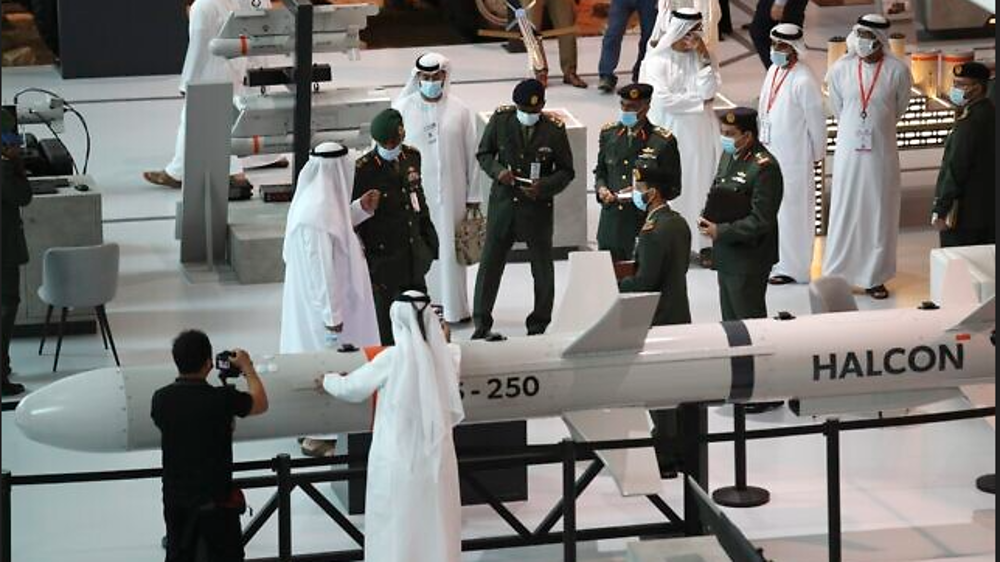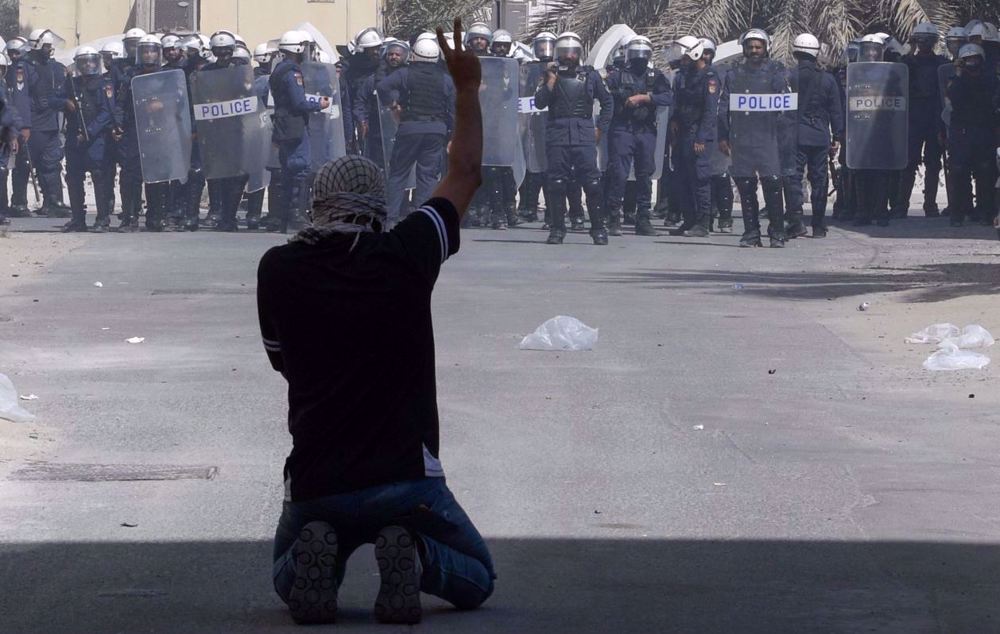UAE terminates military attacks in Yemen
The United Arab Emirates (UAE) has announced the end of its combat operations in Yemen, marking a departure from the Saudi-led coalition that has been waging war on the impoverished country.
“Our standpoint is clear: war is over for our troops. We are monitoring political arrangements, empowering Yemenis in liberated areas,” Sheikh Mohammed bin Zayed Al Nahyan, the crown prince of Abu Dhabi and the deputy supreme commander of the UAE Armed Forces, wrote on his official Twitter account late on Wednesday, quoting earlier remarks by Minister of State for Foreign Affairs Anwar Gargash.
No explanation has been offered as to why the decision was made.
The UAE had been suffering heavy casualties in Yemen, where Ansarullah fighters and allied military units have been fighting back the Saudi-led invaders.
On Monday, an Emirati military helicopter crashed near the al-Buraiqeh coast of the southern Yemeni port city of Aden, killing its two pilots.
On March 14, two Emirati pilots died when their Mirage fighter jet crashed due to a technical fault while conducting military operations for the Saudi-led military coalition in the same Yemeni district.

A senior Emirati military commander and three other Saudi-backed foreign mercenaries had been killed in an attack by Yemeni forces in the Dhubab district of the southwestern province of Ta’izz two months earlier.
Last September, the UAE confirmed that at least 52 of its soldiers were killed when Ansarullah fighters and allied fighters from Popular Committees fired a barrage of missiles at Saudi-led foreign troopers in the central Ma’rib Province. At least 70 soldiers were also injured in the missile attack.
Meanwhile, there are reports that Jordanian military forces and advisers will be replacing UAE troops fighting in the Saudi war on Yemen.
Yemen’s Khabar news agency, citing informed sources, reported that the decision had been made following a visit by Saudi Deputy Crown Prince Mohammad bin Salman Al Saud to Jordan in mid-April.
Mohammad, who is also the Saudi defense minister, met King Abdullah in the Jordanian port city of Aqaba and signed a package of agreements, including on military cooperation.

The Saudi crown prince also traveled to the UAE in an effort to mend fences after reports of significant friction between the two allies over the war on Yemen.
A Saudi decision earlier this year to dismiss a former general with close ties to the UAE angered Emirati authorities.
In February, Saudi Arabia sacked Khaled Bahah and appointed Ali Mohsen Al Ahmar to lead the fight against Yemen’s Houthis. Ahmar had been based in Saudi Arabia since Ansarullah fighters took over Sana’a in 2014.
Saudi Arabia launched its military aggression against Yemen on March 26, 2015, in a bid to bring former President Abd Rabbuh Mansur Hadi — who is a staunch ally of Riyadh — back to power and defeat the Ansarullah movement.
More than 9,400 people have been killed and at least 16,000 others injured since the onset of the aggression.
The Saudi strikes have also taken a heavy toll on the country’s facilities and infrastructure, destroying many hospitals, schools, and factories.
Latest ballots polls show Harris, Trump tied as voting continues
UNRWA warns of humanitarian collapse in Gaza
'Hello my enemies': Lebanese journalist on Israeli threats and his resolve to continue
Outrage in France as MP proposes bill to ban criticism of Israel
VIDEO | The strategy of Hezbollah in war
Israeli military withdraws several brigades from southern Lebanon: Report
48-year-old Palestinian man serving 48 life terms completes 22 years in Israeli jails
From MKO to Tondar, how Germany became safe haven for anti-Iran terror groups















 This makes it easy to access the Press TV website
This makes it easy to access the Press TV website